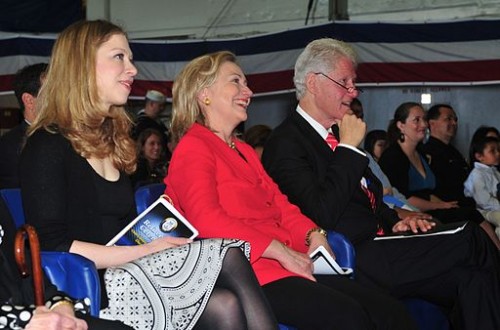Effective altruism continues to garner support, and the fans and critics are writing a series of articles for The Washington Post, the first installment being the introduction.
"Is it wrong to help your neighbor rather than a needier stranger in Bangladesh? Should we value art museums as much as we do homeless shelters? How should you give? How can you do the most good? For those seeking better ways to answer those questions, a new philosophy for giving is gaining traction — especially among younger and more quantitatively-driven potential philanthropists.
"Effective altruism, advocated by ethicists like Peter Singer and entrepreneurs like Facebook co-founder Dustin Moskovitz, leans on utilitarian principles to say that it is a moral responsibility not only to give to charity but also to optimize your charitable donations to ensure that they are as “high-impact” as possible. To do so, “effective altruists” attempt to use rigorous data around cost-effectiveness and return on investment to guide philanthropy, ideally maximizing every dollar’s ability to alleviate needless suffering for the greatest number of people."--Christine Emba, The Washington Post






